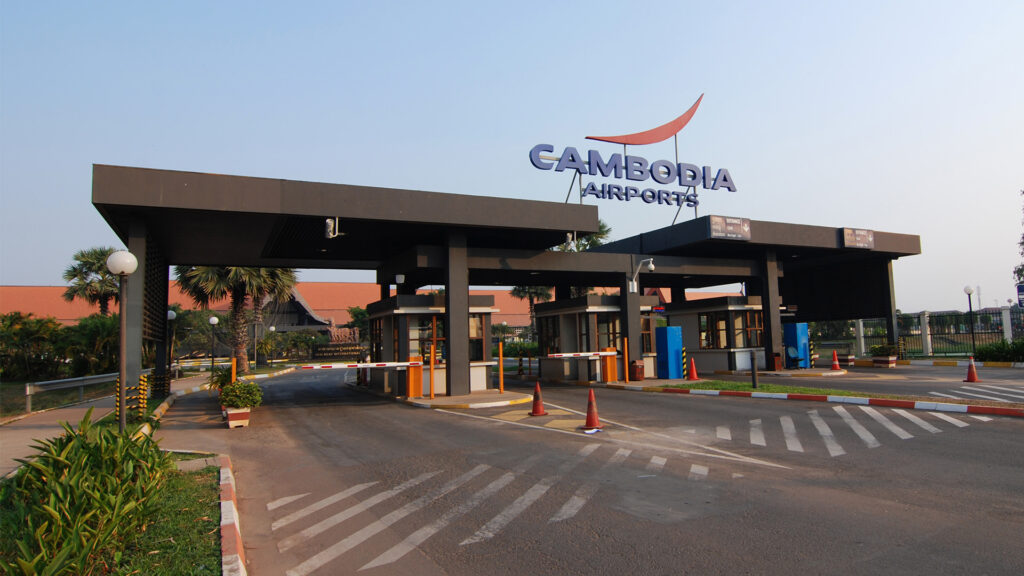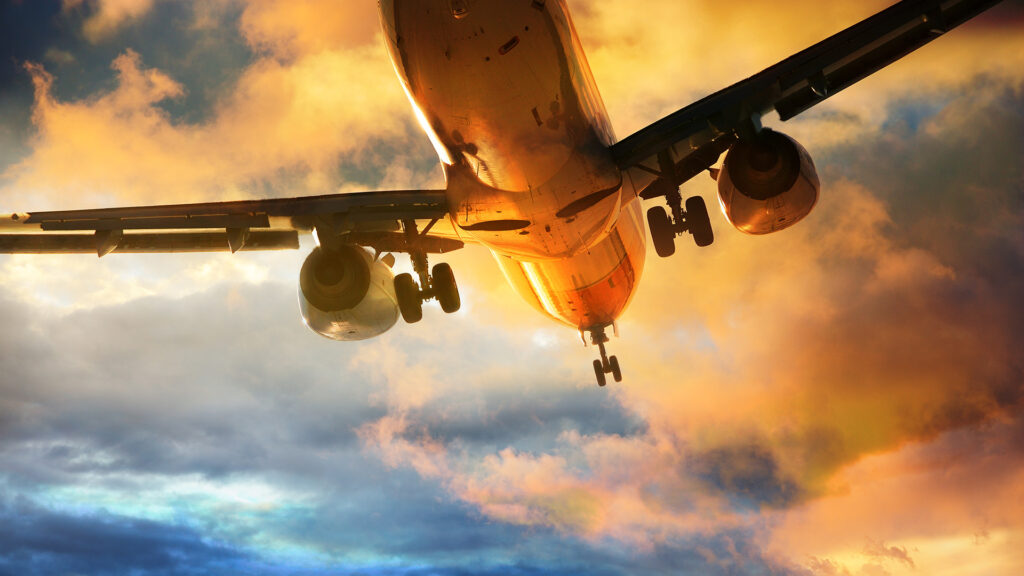Brazilian Supreme Court ruling on the application of international conventions on carriage by air, May 2017
On the 25 May in Brasília, the Brazilian Supreme Court (STF) decided two cases which raised the question of whether a consumer dispute involving international carriage by air should be resolved by reference to the relevant international conventions to which Brazil is party to (for example, the Warsaw Convention 1929 and the Montreal Convention 1999) or whether any such disputes have to be resolved solely by reference to the Brazilian Consumer Defence Code (CDC).
The first case related to a lost baggage claim brought by a passenger who had travelled from Rio to Madrid via Paris. The first instance judge in Rio de Janeiro awarded moral damages, based on the CDC, but held that the material damages should be limited in accordance with the provisions of the Warsaw Convention.
Substantive appeals were lodged with the second instance court by both the carrier and the passenger. The second instance court changed the first instance ruling holding that the CDC provided an exclusive legal regime for the case, ie ignoring the effect of the conventions. The carrier lodged a special appeal to the STF.
The other case was a flight delay claim, where the São Paulo courts, at both first and second instances, had held that the five year time limit of the CDC should apply to the case instead of the two year limit set out in the international conventions.
The STF held yesterday that, pursuant to Art. 178 of the Brazilian Federal Constitution, the international conventions that Brazil has adopted can govern certain contractual aspects of international carriage by air instead of the CDC. The STF specifically accepted that material damages for baggage claims can be limited by reference to the limits set out in the conventions and, further, that the two year time limit set therein should apply.
In practical terms, what does it mean?
For material damages arising from baggage claims, Brazilian judges should now uphold the limits set out in the conventions, unless the passenger has made a special declaration of value or unless the carrier has acted intentionally or with reckless knowledge. It would seem, however, that judges will still be able to award moral damages entirely at their discretion. As the majority of damages awarded in baggage related cases in Brazil are moral damages, it is doubtful the STF’s decision will dramatically change the current position for airlines.
As far as cargo claims are concerned, the position will likely become more consistently favourable to airlines. Under the Montreal Convention, the cargo limits are unbreakable. There had already been some decisions where local judges had applied the convention limits and, in light of this STF decision, we would expect this to be the more likely outcome in Montreal cases in the absence of a special declaration of value.
Perhaps the most significant aspect of the decision, from a practical position, is the STF’s acceptance that the two year limitation period set out in the conventions is reasonable and does not breach the constitutionally enshrined consumer rights, which was the default position until now.
At this stage, prior to the full judgment being handed down, it is difficult to determine other legal and practical consequences flowing from the STF’s decision. We shall keep that under review.
It is not clear, for example, whether similar rules to the conventions contained in the Brazilian Aeronautical Code might apply to domestic carriage by air. In the discussion in Brasília, some of the STF judges raised the potential disparity of legal regimes and potential problems arising from this disparity. It was also clear from the debate that the wider applicability of the conventions (for example, to personal injury or fatal accident cases) is not necessarily supported by a majority of the STF judges.
That said the long awaited decision is a positive and welcome development, and one that hopefully signals some shift in the mindset of Brazilian judges, enabling the legal regime in this country to be gradually brought more in line with those of other countries around the world.
It is important to emphasise that the STF decision has not yet been published. We await seeing its precise content and scope on publication but it clearly represents a positive legal development from the airlines’ perspective.
For more information, please contact Mariana Somensi, Senior Associate, São Paulo, on +55 (11) 3179 2900, or mariana.somensi@hfw.com, or Fernando Albino, Partner, São Paulo, on +55 (11) 3179 2900, or fernando.albino@hfw.com, or your usual contact at HFW.
Download a PDF version of ‘Brazilian Supreme Court ruling on the application of international conventions on carriage by air, May 2017’










